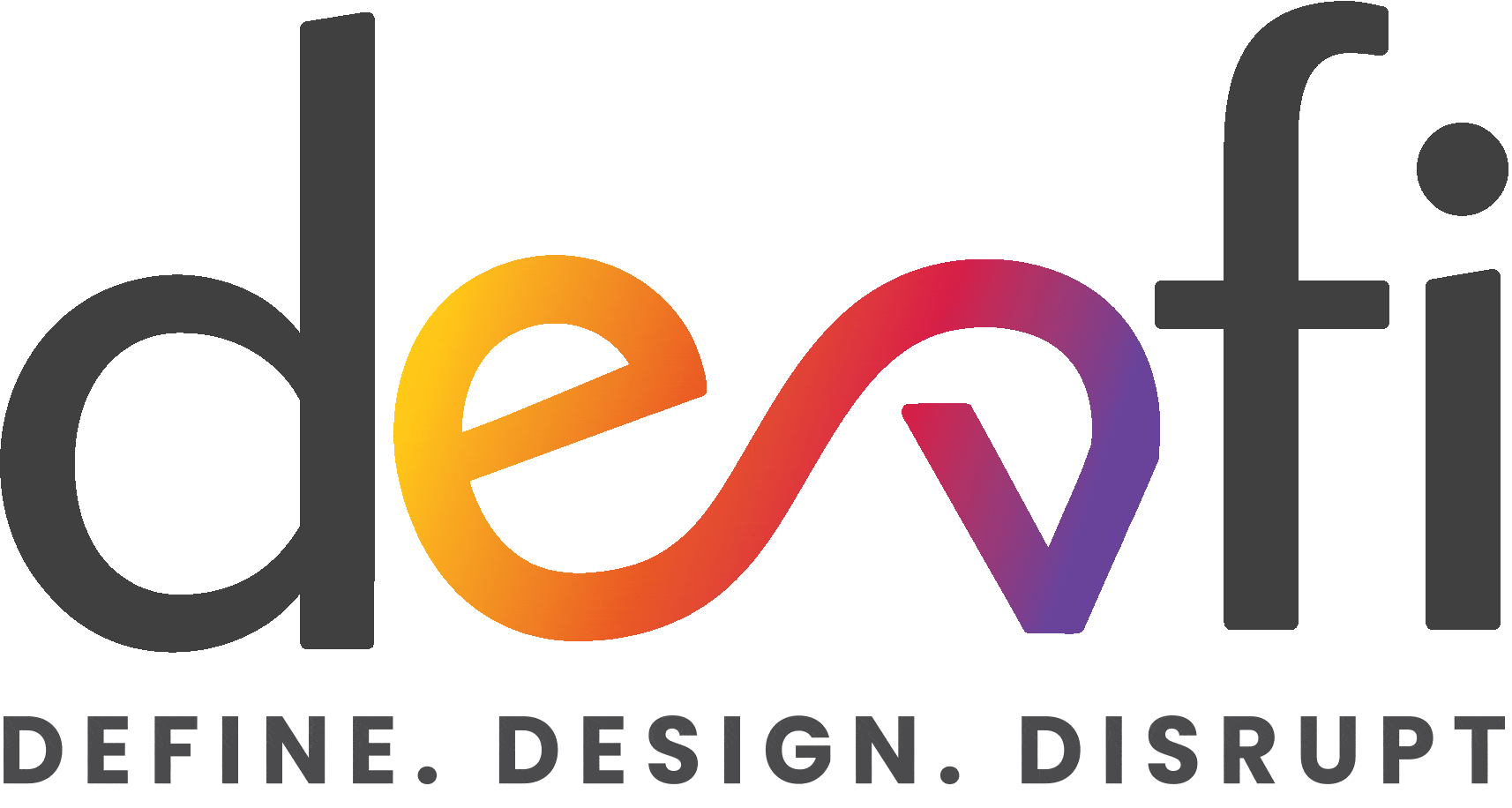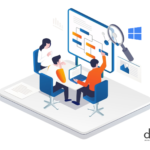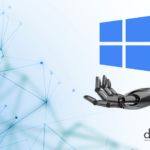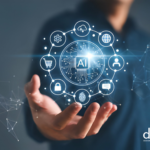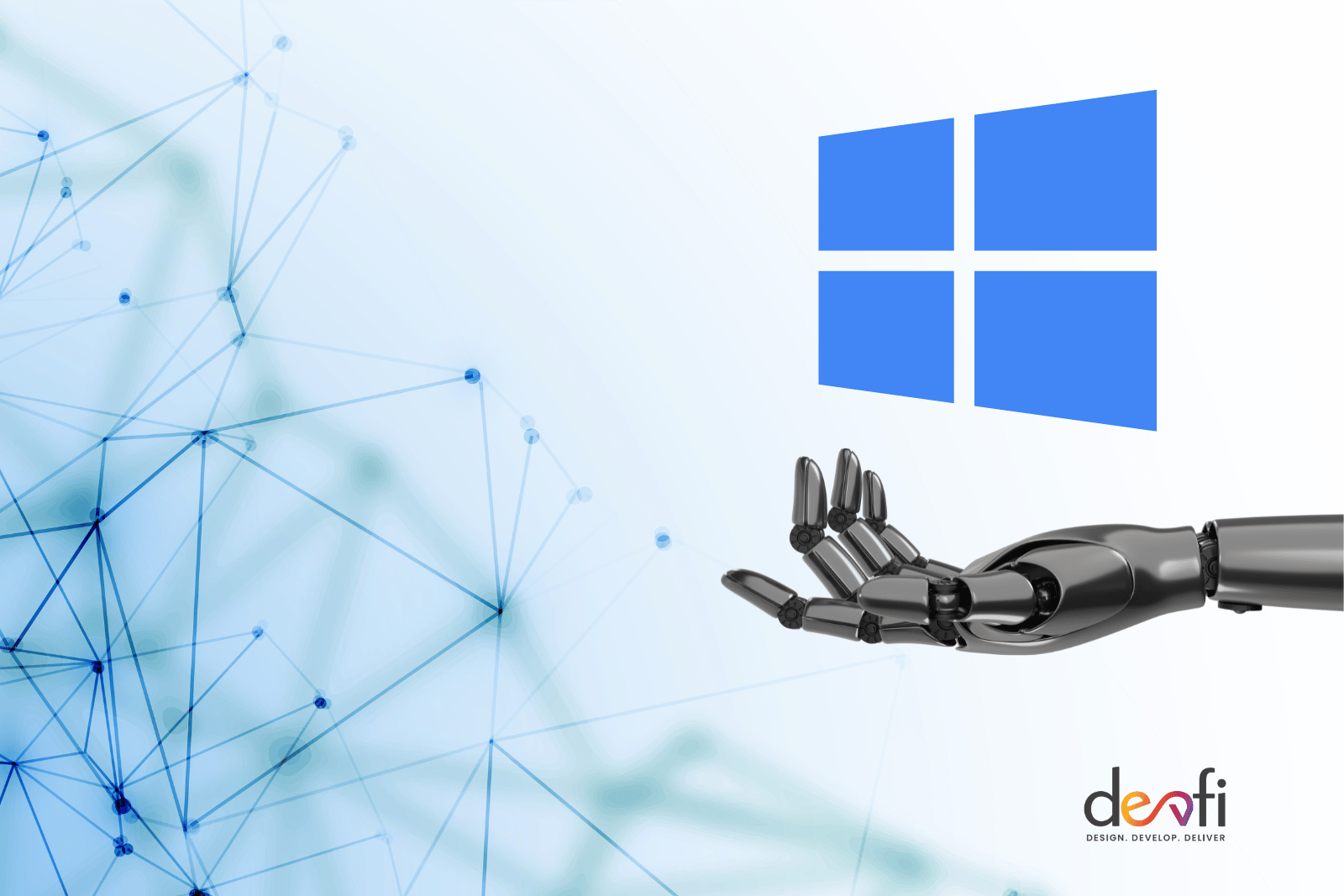Introduction
In the era of digital transformation, artificial intelligence (AI) stands as a cornerstone, revolutionizing the way businesses operate and innovate. Microsoft, a leader in technology and innovation, has been at the forefront of integrating AI into its suite of solutions to drive organizational success.
The Role of Artificial Intelligence in Business Transformation
Artificial intelligence plays a pivotal role in reshaping business landscapes by enabling automation, predictive analytics, and intelligent decision-making. It empowers organizations to extract actionable insights from vast amounts of data, streamline processes, and unlock new opportunities for growth and efficiency.
Microsoft’s Commitment to Innovation in Integration Solutions
Microsoft has demonstrated a steadfast commitment to innovation, continually enhancing its Microsoft integration solutions with cutting-edge AI technologies. By leveraging AI-driven capabilities, Microsoft aims to empower businesses with intelligent tools that drive transformative outcomes.
Understanding Microsoft’s Integration Solutions
Overview of Microsoft Integration Solutions
Microsoft offers a comprehensive suite of integration solutions, including Microsoft AI integration solutions, designed to address the diverse needs of modern businesses. From data integration to workflow automation, these solutions encompass a wide range of functionalities aimed at improving operational efficiency and driving business success.
Definition and Scope
Microsoft integration solutions encompass a broad spectrum of tools and platforms that facilitate seamless connectivity and interoperability across disparate systems and applications. They enable organizations to integrate data, automate processes, and derive actionable insights to fuel growth and innovation.
Importance in Modern Business Environments
In today’s interconnected world, the ability to integrate and leverage data effectively is critical to gaining a competitive edge. Microsoft integration solutions play a pivotal role in enabling organizations to harness the full potential of their data assets and drive digital transformation initiatives.
Evolution of Microsoft’s Integration Offerings
Historical Development
The evolution of Microsoft’s integration offerings can be traced back to the early days of enterprise computing, with the introduction of products like Microsoft BizTalk Server. Over the years, Microsoft has continued to innovate and expand its integration portfolio to meet the evolving needs of businesses.
Key Milestones and Innovations
From the advent of cloud computing to the rise of artificial intelligence, Microsoft has continuously pushed the boundaries of innovation in integration solutions. Key milestones include the introduction of Microsoft Azure Integration Services, Power Platform, and AI-driven capabilities across its suite of offerings.
Exploring AI Integration Capabilities
Integration of Artificial Intelligence in Microsoft Solutions
Microsoft has seamlessly integrated artificial intelligence into its suite of solutions, enabling organizations to harness the power of AI for data integration, process automation, and decision support. By infusing AI capabilities into its products, Microsoft empowers businesses to unlock new insights and drive innovation.
Leveraging AI for Data Integration
AI-powered data integration tools enable organizations to automate the process of ingesting, transforming, and analyzing data from disparate sources. By leveraging machine learning algorithms, these tools can identify patterns, anomalies, and correlations in data, allowing organizations to derive actionable insights quickly and efficiently.
AI-Driven Automation in Business Processes
Microsoft’s AI-driven automation capabilities streamline business processes by automating repetitive tasks, reducing manual intervention, and improving operational efficiency. From automating document workflows to optimizing supply chain operations, AI-powered automation solutions help organizations achieve greater agility and productivity.
Benefits of AI Integration
Enhanced Efficiency and Productivity
By harnessing the power of AI, Microsoft integration solutions enable organizations to streamline operations, automate routine tasks, and optimize resource utilization. This leads to significant improvements in efficiency, allowing employees to focus on high-value activities that drive business growth.
Improved Decision Making and Insights
AI-powered integration solutions provide organizations with valuable insights and actionable intelligence that can inform strategic decision-making. By analyzing vast amounts of data in real-time, these solutions help organizations identify trends, anticipate customer needs, and uncover new business opportunities.
Microsoft Integration Platforms
Azure Integration Services
Azure Integration Services provides a comprehensive set of tools and services for integrating applications, data, and processes in the cloud. From message queuing to event-driven architectures, Azure offers a range of capabilities to support diverse integration scenarios.
Overview and Features
Azure Integration Services encompasses a variety of services, including Azure Logic Apps, Azure Functions, Azure Service Bus, and Azure Event Grid. These services enable organizations to build scalable, reliable, and resilient integration solutions that meet their unique business needs.
Integration with AI and Machine Learning Tools
Azure Integration Services seamlessly integrates with Microsoft’s AI and machine learning tools, such as Azure Machine Learning and Azure Cognitive Services. This allows organizations to incorporate AI-driven capabilities into their integration workflows, enabling advanced data processing, natural language understanding, and predictive analytics.
Power Platform Integration
Power Automate: Workflow Automation
Power Automate, part of the Microsoft Power Platform, enables organizations to automate workflows and streamline business processes without writing a single line of code. With a rich set of connectors and templates, Power Automate empowers users to automate repetitive tasks and drive greater productivity across the organization.
Power Apps: Low-code Application Development
Power Apps empowers organizations to build custom business applications quickly and easily using a low-code approach. With a drag-and-drop interface and pre-built templates, Power Apps allows users to create apps that streamline processes, improve collaboration, and drive innovation.
Power BI: Data Visualization and Analytics
Power BI is a powerful business intelligence tool that enables organizations to visualize data, derive actionable insights, and make informed decisions. With interactive dashboards, advanced analytics, and AI-powered features, Power BI helps organizations unlock the full potential of their data assets.
AI-Powered Integration Use Cases
AI-Driven Data Integration
AI-driven data integration solutions enable organizations to streamline data management processes and derive valuable insights from their data assets. By automating data ingestion, transformation, and analysis, these solutions help organizations make data-driven decisions and unlock new opportunities for innovation.
Streamlining Data Management Processes
AI-powered data integration solutions simplify the process of managing and governing data across disparate systems and platforms. By automating data cleansing, enrichment, and synchronization, these solutions ensure data accuracy, consistency, and reliability, enabling organizations to derive maximum value from their data assets.
Predictive Analytics and Insights Generation
AI-driven data integration solutions enable organizations to leverage predictive analytics and machine learning algorithms to uncover actionable insights from their data. By analyzing historical trends, identifying patterns, and predicting future outcomes, these solutions help organizations make informed decisions and drive business growth.
Automated Business Processes
Workflow Automation with AI
AI-powered workflow automation solutions enable organizations to streamline business processes and improve operational efficiency. By automating routine tasks, eliminating manual errors, and optimizing resource allocation, these solutions help organizations achieve greater agility, productivity, and cost savings.
Intelligent Task Management and Allocation
AI-driven task management solutions enable organizations to intelligently prioritize, assign, and track tasks across teams and departments. By analyzing workload patterns, employee skills, and project deadlines, these solutions help organizations optimize task allocation, improve collaboration, and meet business objectives.
Addressing Data Privacy and Security Concerns
Ensuring Compliance with Data Protection Regulations
Microsoft integration solutions adhere to industry-leading security standards and compliance regulations, ensuring that organizations’ data remains secure and compliant with regulatory requirements. By implementing robust encryption, access controls, and audit trails, these solutions help organizations protect sensitive data and mitigate the risk of data breaches.
Implementing Robust Security Measures
Microsoft integration solutions incorporate a range of security features and capabilities to safeguard organizations’ data and applications against evolving cyber threats. From identity and access management to threat detection and response, these solutions provide comprehensive protection for data at rest and in transit, ensuring the integrity and confidentiality of organizational assets.
Overcoming Integration Complexity
Strategies for Seamless Integration Across Systems
Microsoft integration solutions offer a range of tools and best practices for overcoming the challenges of integrating disparate systems and applications. From API management to data mapping and transformation, these solutions provide organizations with the tools and capabilities they need to streamline integration processes and achieve seamless connectivity across their IT ecosystem.
Mitigating Risks and Challenges in Integration Projects
Microsoft integration solutions help organizations mitigate the risks and challenges associated with integration projects by providing robust monitoring, troubleshooting, and governance capabilities. By implementing comprehensive monitoring and logging, organizations can identify and address issues proactively, minimizing downtime and ensuring the reliability and availability of critical business processes.
Future Trends and Innovations
AI Integration Roadmap: What’s Next?
Looking ahead, Microsoft is poised to continue innovating in the field of AI integration, with a focus on advancing AI-driven capabilities and expanding integration across emerging technologies such as IoT and edge computing. By leveraging AI to enhance data integration, process automation, and decision support, Microsoft aims to empower organizations with intelligent solutions that drive business success.
Advancements in AI and Machine Learning Technologies
Microsoft is investing heavily in advancing AI and machine learning technologies, with a focus on democratizing AI and making it accessible to organizations of all sizes and industries. From pre-built AI models to custom machine learning solutions, Microsoft is enabling organizations to harness the power of AI to solve complex business challenges and drive innovation.
Integration of AI with IoT and Edge Computing
Microsoft is exploring new frontiers in AI integration, with a focus on integrating AI with emerging technologies such as IoT and edge computing. By combining AI-driven insights with real-time data from IoT devices and edge nodes, organizations can unlock new opportunities for automation, optimization, and predictive maintenance across a wide range of industries and use cases.
Best Practices for Implementing AI-Integrated Integration Solutions
Developing a Comprehensive Integration Strategy
When implementing AI-integrated integration solutions, organizations should develop a comprehensive strategy that aligns with their business objectives, technical requirements, and organizational capabilities. This includes defining clear goals and success metrics, identifying key stakeholders, and establishing a roadmap for implementation and adoption.
Assessing Business Needs and Objectives
Before embarking on an AI-integrated integration project, organizations should assess their business needs and objectives to ensure alignment with strategic priorities and desired outcomes. This includes conducting a thorough analysis of existing processes, systems, and data assets, as well as identifying opportunities for improvement and innovation.
Selecting the Right Integration Tools and Platforms
When selecting integration tools and platforms, organizations should consider factors such as functionality, scalability, flexibility, and compatibility with existing systems and applications. Microsoft offers a range of integration solutions, each with its own unique features and capabilities, allowing organizations to choose the right tools for their specific needs and requirements.
Investing in Employee Training and Skill Development
Successful implementation of AI-integrated integration solutions requires a skilled and knowledgeable workforce capable of leveraging advanced technologies effectively. Organizations should invest in employee training and skill development programs to ensure that staff have the necessary expertise to design, deploy, and maintain AI-integrated integration solutions.
Building a Culture of Data Literacy and AI Adoption
To fully realize the benefits of AI-integrated integration solutions, organizations must foster a culture of data literacy and AI adoption across the organization. This includes promoting data-driven decision-making, encouraging experimentation and innovation, and providing employees with the tools and resources they need to succeed in an AI-powered world.
Conclusion
In conclusion, AI-powered integration solutions represent a transformative opportunity for organizations to drive innovation, enhance efficiency, and unlock new opportunities for growth and success. Microsoft’s commitment to innovation in integration solutions, combined with its leadership in artificial intelligence, positions the company as a trusted partner for organizations seeking to harness the power of AI to achieve their business objectives. By understanding the role of AI in business transformation, exploring Microsoft’s integration solutions, and embracing best practices for implementation, organizations can pave the way for a future of AI-powered success. For further inquiries or assistance, feel free to reach out to Devfi Inc. Contact us today.
